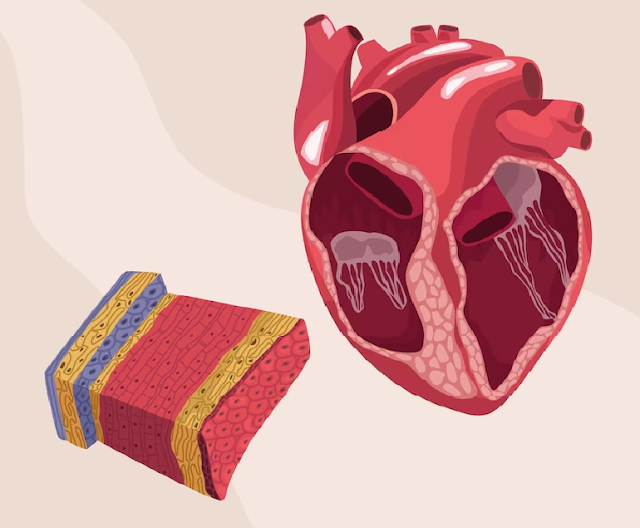Heart Health and Hydration

Hydration plays a crucial role in maintaining overall health, including heart health. Here are some key points regarding hydration and its impact on the cardiovascular system: Fluid Balance: Adequate hydration helps maintain the balance of fluids in the body, which is essential for optimal heart function. Proper fluid balance supports the circulation of blood and the delivery of nutrients and oxygen to cells. Blood Volume and Pressure: Hydration influences blood volume, which, in turn, affects blood pressure. Insufficient hydration can lead to reduced blood volume, potentially causing an increase in blood pressure. Chronic high blood pressure is a risk factor for heart disease. Electrolyte Balance: Proper hydration helps maintain electrolyte balance in the body, including crucial minerals like sodium and potassium. Electrolytes play a role in nerve function, muscle contraction, and heart rhythm regulation. Preventing Dehydration: Dehydration can strain the cardiovascula...




